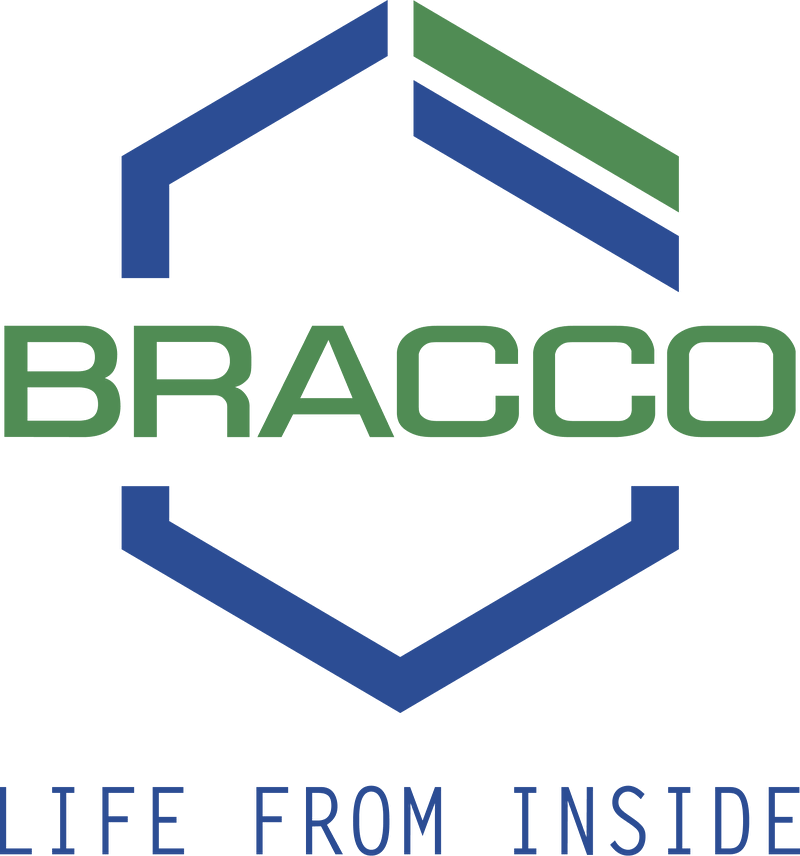Have a Question?
Assigning a code for repairing a dissection during an operative procedure
Q.
Are we allowed to assign a CPT® code for repairing a dissection during a procedure or is it a case where “you can’t code for fixing what you broke”?
A.
You can assign a CPT code for repairing a dissection during a procedure. You cannot however code for normal, routine complications during the procedure or complications after a procedure that do not require a return to the operative (procedure) room. Medicare includes the following in the National Correct Coding Initiative policy manual, Chapter 1, section C, # 14:
“Treatment of complications of primary surgical procedures is separately reportable with some limitations. The global surgical package for an operative procedure includes all intra-operative services that are normally a usual and necessary part of the procedure. Additionally, the global surgical package includes all medical and surgical services required of the surgeon during the postoperative period of the surgery to treat complications that do not require a return to the operating room. Thus, treatment of a complication of a primary surgical procedure is not separately reportable:
(1) if it represents usual and necessary care in the operating room during the procedure; or
(2) if it occurs postoperatively and does not require return to the operating room. For example, control of hemorrhage is a usual and necessary component of a surgical procedure in the operating room and is not separately reportable. Control of postoperative hemorrhage is also not separately reportable unless the patient must be returned to the operating room for treatment. In the latter case, the control of hemorrhage may be separately reportable with modifier 78.”
